Joaquin Phoenix has already earned significant critical plaudits for his performance as Arthur Fleck in this year’s hit movie Joker. But to his fans and admirers, the 45-year-old actor has long ploughed his own distinctive furrow from comedy to tragedy, idiosyncratic indie hits to Hollywood blockbusters, and yet always maintaining his own unique bruised identity.
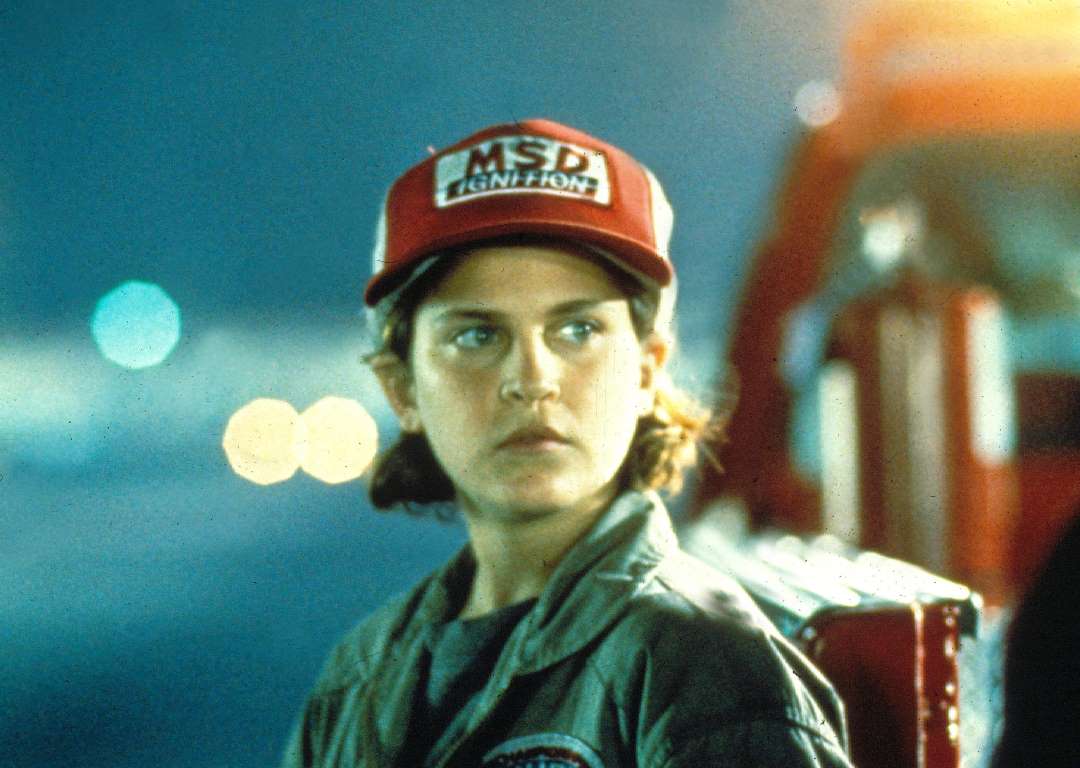
There’s no better place to start than the 1989 Ron Howard movie Parenthood. Joaquin was still going by the name Leaf Phoenix at the time and although he’d been acting with his brother River since the age of 8, his turn as Gary – a young boy whose parents have split up – counted as a real breakthrough for the fifteen year old. Following his brother’s untimely death, Joaquin spent some time away from the screens but he returned triumphantly with To Die For, a black comedy starring Nicole Kidman and directed by Gus Van Sant.
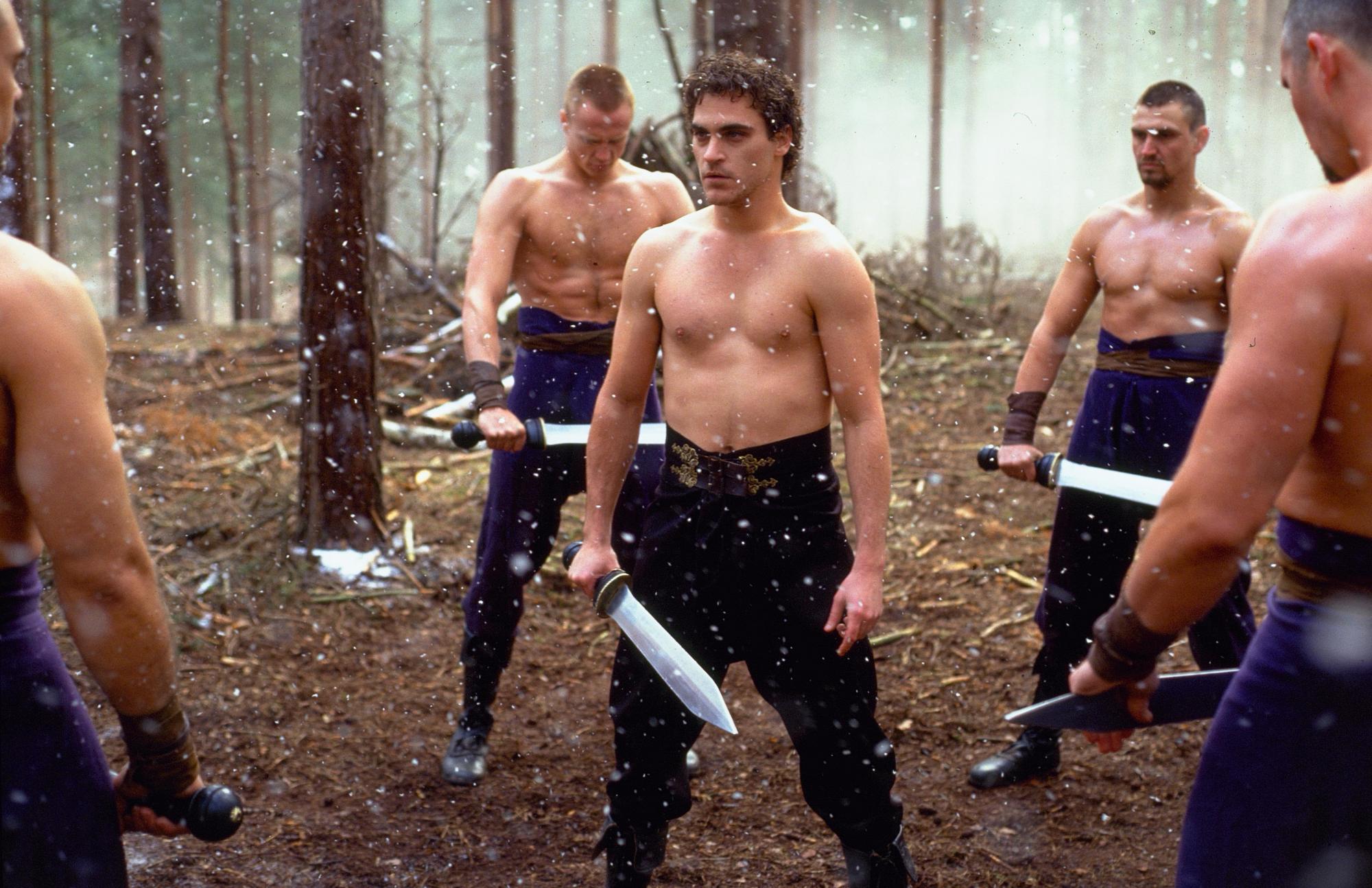
A big breakthrough came with Ridley Scott’s Gladiator. Scott in the DVD commentary talks a lot about how reluctant and uncertain Phoenix was about playing the role of Commodus, the patricide son who becomes emperor. And yet Phoenix is perfect in the role, fragile and delicate, boyish almost and then ruthlessly psychotically murderous. His dark psychological portrait is a fitting foil to Russell Crowe’s blokish Maximus.

Gaining a reputation as a character actor, Phoenix began to rack up some excellent performances. He plays Mel Gibson’s younger brother in M. Night Shyalaman’s Signs, nailing a superb reaction to first seeing aliens on television. He would appear again in The Village by the same director. His time arrived to play the leading man in James Mangold’s biopic Walk the Line, in which Phoenix portrayed and sang as Johnny Cash. The role was universally acclaimed and saw him bag his second Academy Award nomination.
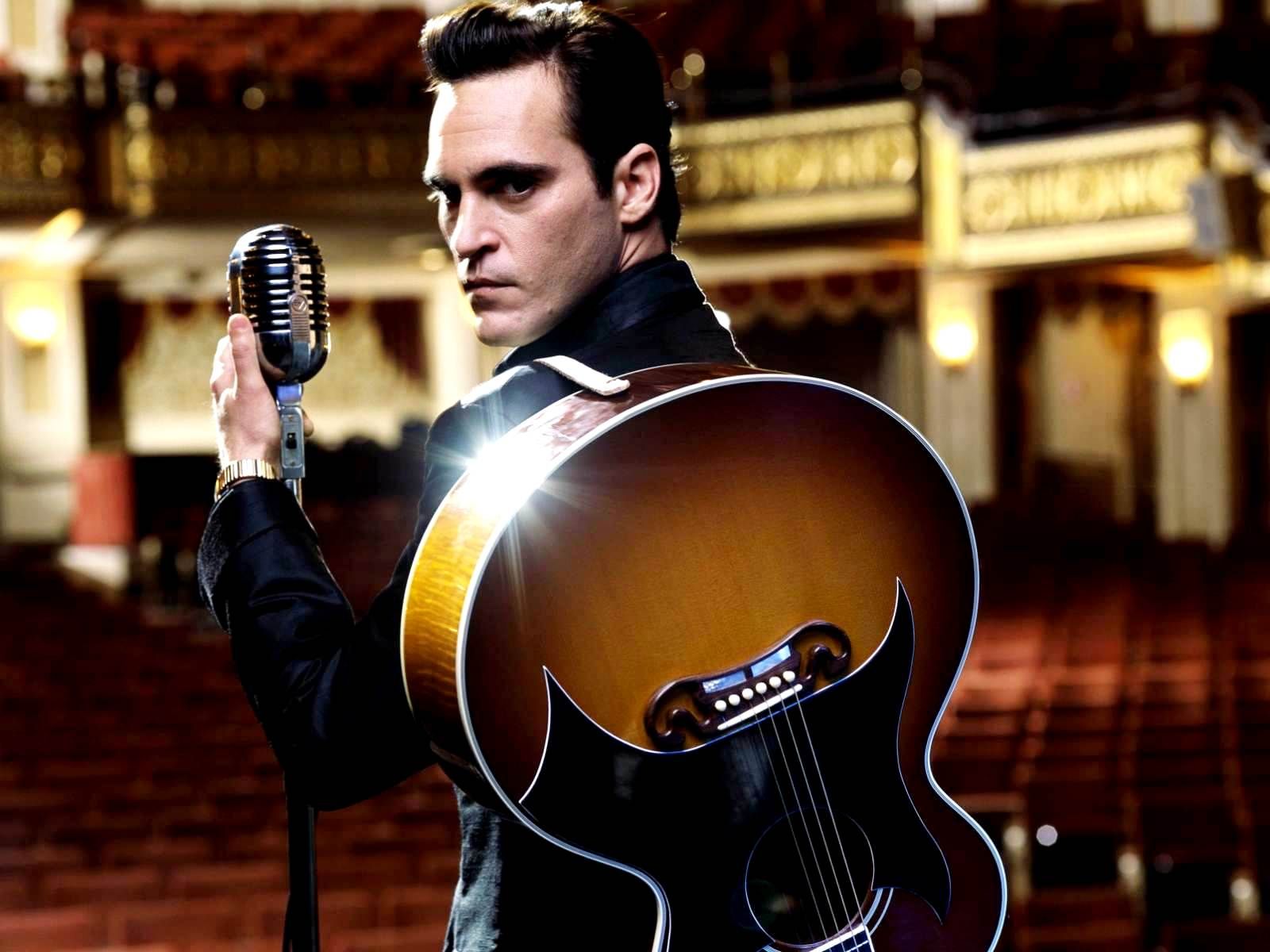
Phoenix has a tendency to work repeatedly with directors he trusts and he collaborated with James Grey on four films, The Yards, We Own the Night , Two Lovers and The Immigrant. The best of these is the second, a fantastic gritty crime drama in which Phoenix plays a nightclub manager who gets caught between his police family – Robert Duvall and Mark Wahlberg – and his criminal associations in the demimonde. It’s a brilliant character piece and the performances from the ensemble are fantastic all around, but Phoenix was again proving he could more than hold his own.
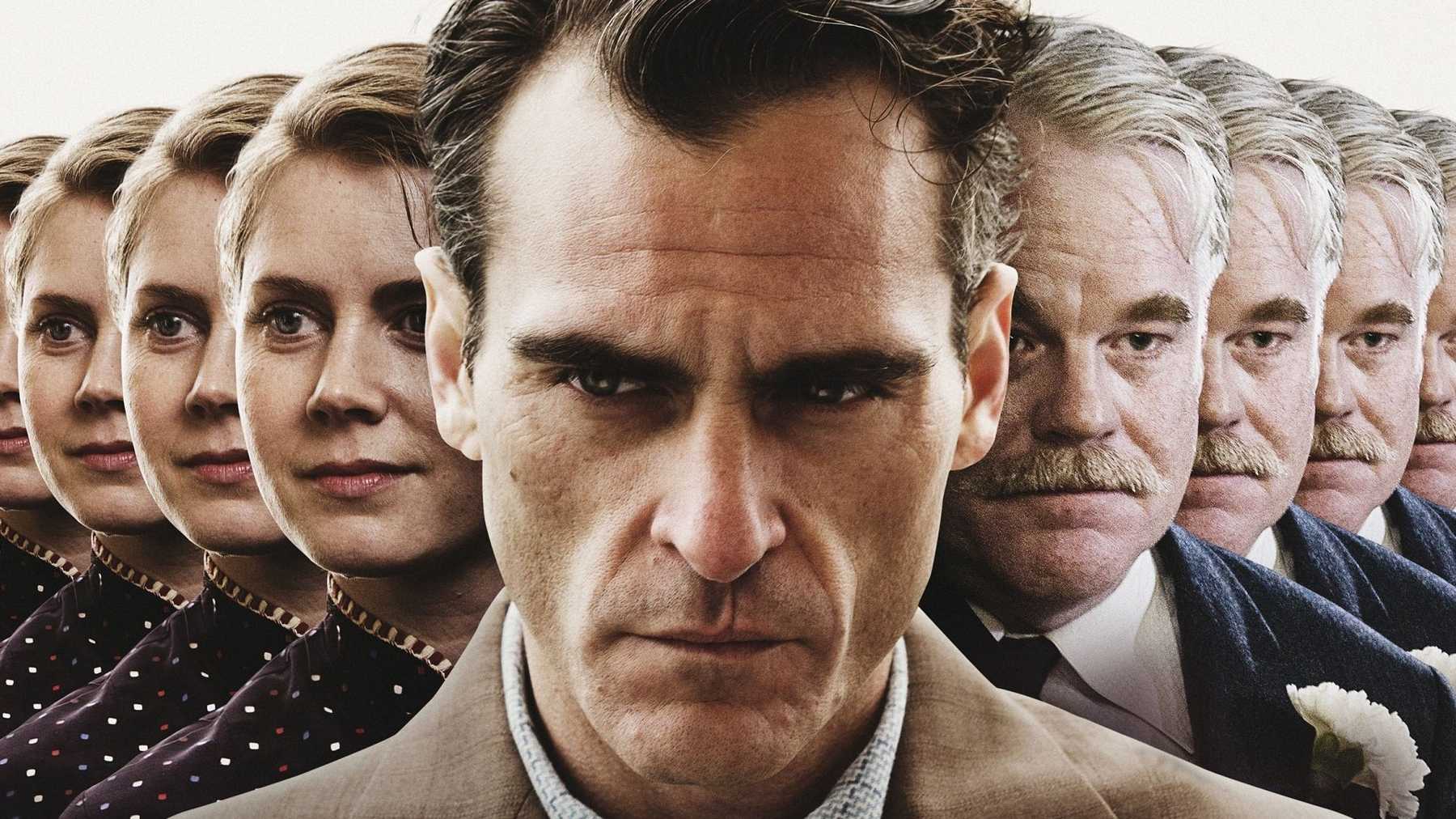
I’m Still Here Casey Affleck’s mockumentary satirising celebrity was seen by many as a mishit and Phoenix’s reputation suffered not so much because of the quality of the film – personally I found it hilarious – but because of the stunts, like his dishevelled appearance on Letterman, which few people realised was part of the joke. As part of his comeback, Phoenix wisely hitched his wagon to another talented director Paul Thomas Anderson, earning a third Academy Award nomination for his part as Freddie Quell in The Master opposite Philip Seymour Hoffman. Anyone watching could see that two greats of American acting, one fluent and verbal, the other guttural and instinctive were facing off. Tragically, a casting that would not be repeated. He would also appear as a doper private eye in PTA’s Thomas Pynchon adaptation Inherent Vice.
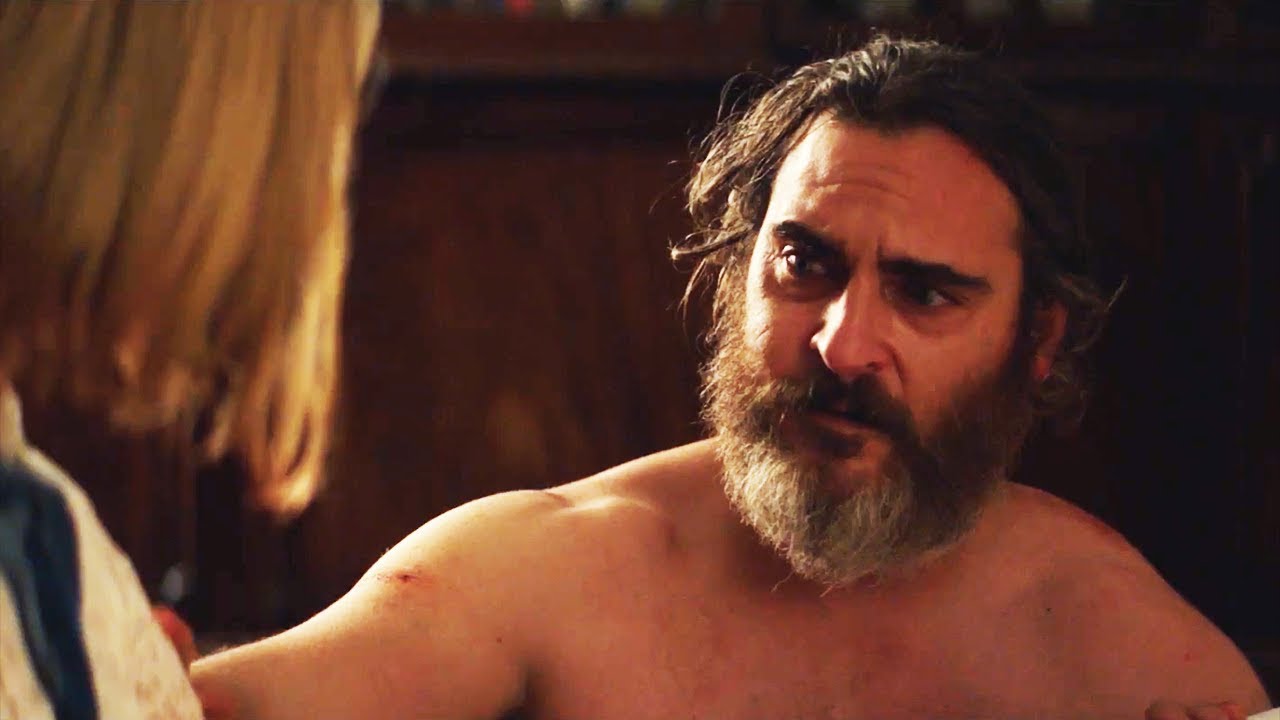
He has been a man in love with a computer app in Spike Jonze’s Her, a bearded avenger in Lynne Ramsay’s superb and brutal You Were Never Really Here, a psychotic cowboy in The Sister Brothers and even Jesus in Gareth Edwards’ Mary Magdalene. There seems no limit to Joaquin’s range or his intensity. There is something of Daniel Day-Lewis to the consistency and quality of his output, but so far un-retired and still relatively young, it is to be hoped that we have many impressive performances to come.

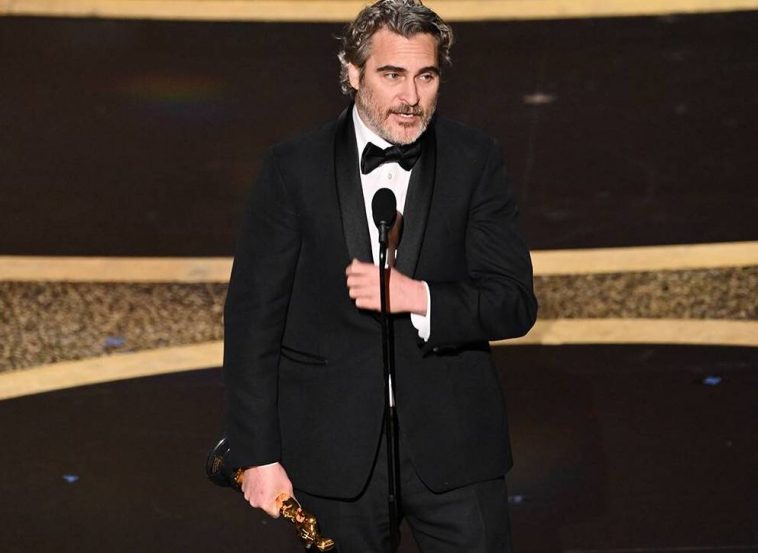























Leave a Comment